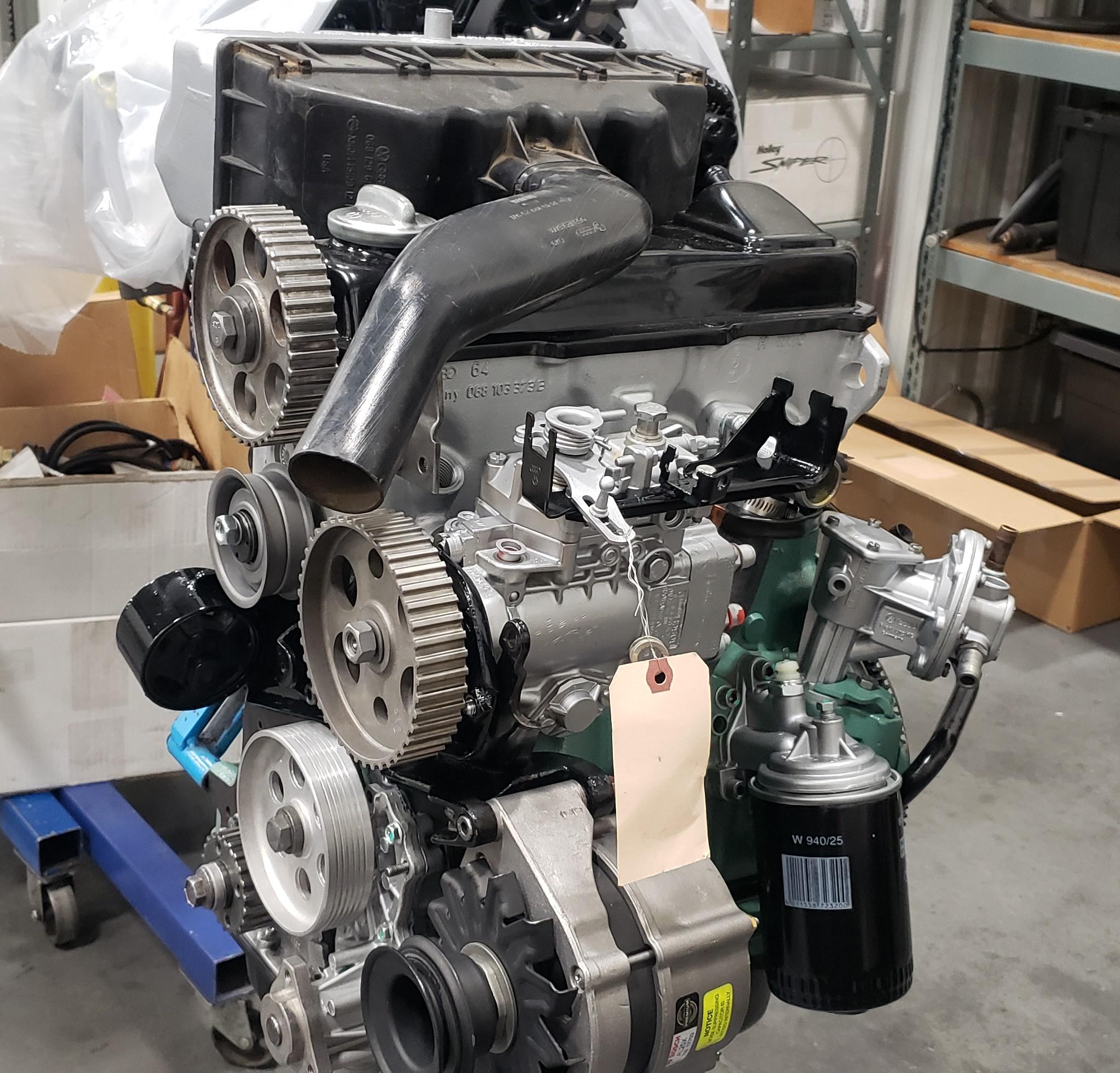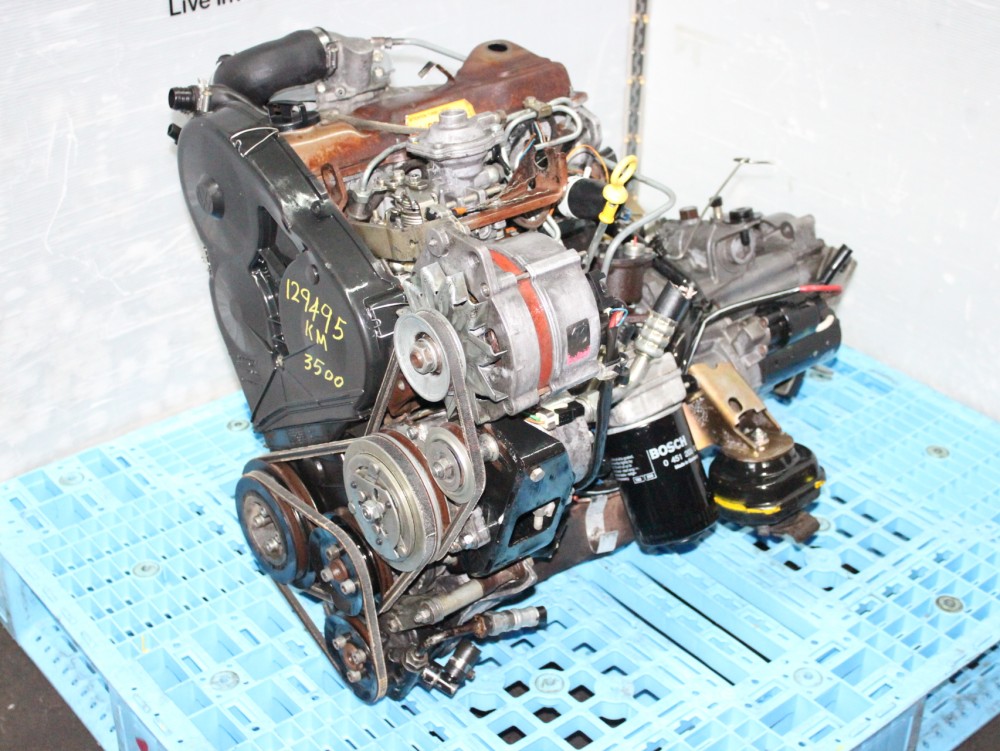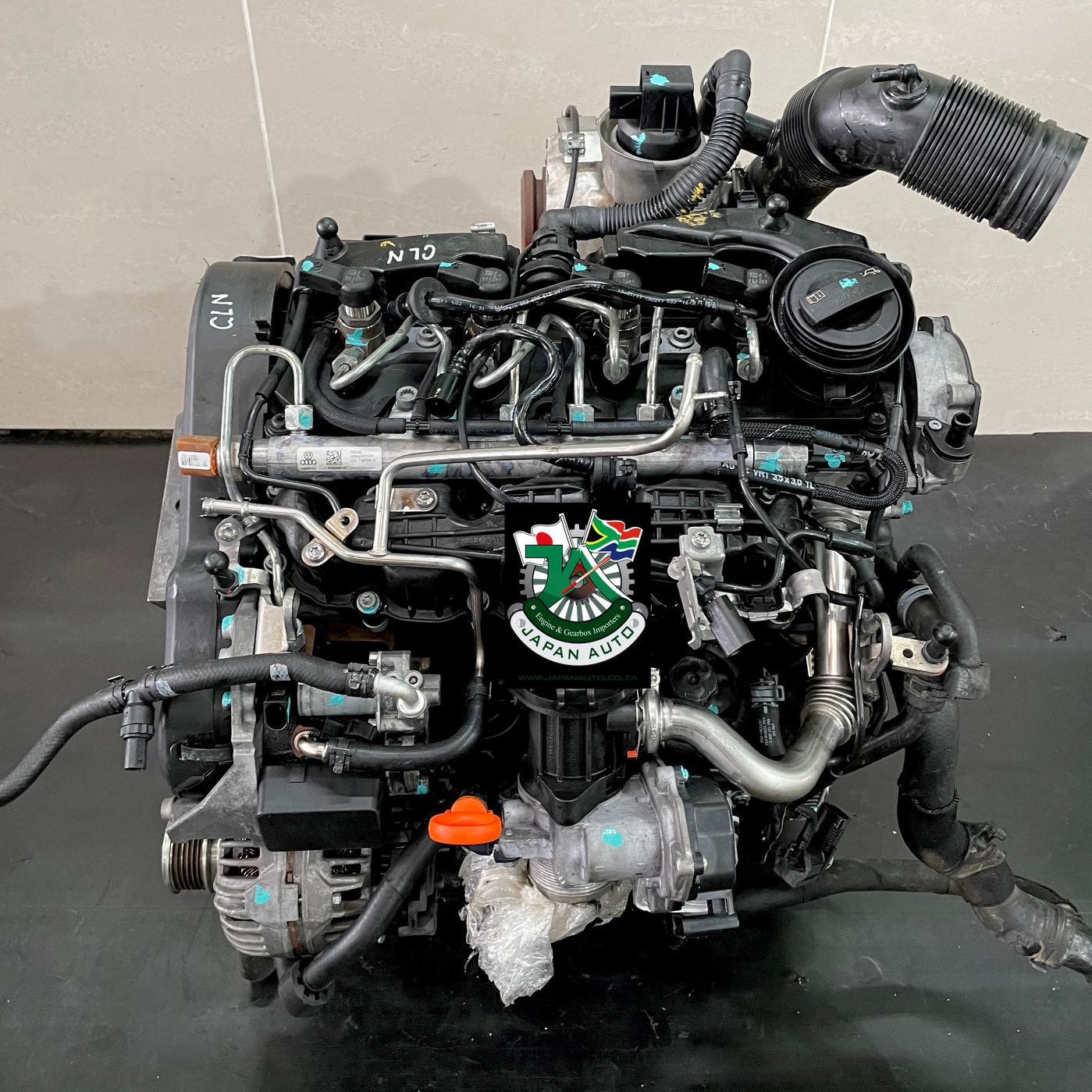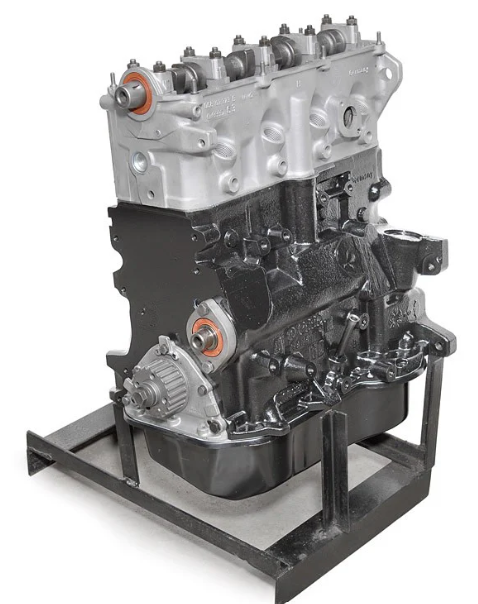Description
Volkswagen 1.6L TDI Engine: Innovation in Diesel Technology
Introduction
The Volkswagen 1.6L TDI engine has become a cornerstone of the automaker’s diesel range, recognized for its efficiency, performance, and relatively low emissions. As part of Volkswagen’s broader commitment to sustainable mobility, the 1.6L TDI has made a significant impact not only in Europe, where diesel engines are more prevalent, but also in various global markets. In this article, we will delve into the technical specifications, performance characteristics, advantages, and concerns surrounding the 1.6L TDI engine.
Technical Specifications
The Volkswagen 1.6L TDI engine is a four-cylinder diesel engine with turbocharging, designed to offer a balance of power and fuel efficiency. Some key specifications include:
- Displacement: 1.6 liters (1598 cc)
- Power Output: Approximately 90 to 115 horsepower, depending on the specific tuning and variant.
- Torque: Ranges between 230 to 300 Nm, providing ample low-end torque for efficient driving.
- Fuel System: Common rail direct fuel injection, which enhances fuel atomization for improved combustion efficiency.
- Emissions Control: Equipped with advanced emissions treatment technologies, including Selective Catalytic Reduction (SCR) and Exhaust Gas Recirculation (EGR), to meet stringent environmental standards like Euro 6.
This engine is often paired with different transmission options, including a five- or six-speed manual, and in some variants, a seven-speed dual-clutch automatic (DSG).
Performance and Efficiency
One of the shining attributes of the 1.6L TDI engine is its impressive fuel efficiency. Depending on the vehicle model and driving conditions, it can achieve an average fuel consumption of about 4 to 5 liters per 100 kilometers (or approximately 60 to 75 miles per gallon). This makes it an excellent choice for long-distance commuters and those conscious of operating costs.
The torque delivery is notably smooth, making the engine well-suited for both urban driving and highway cruising. Drivers appreciate the responsive power delivery and the absence of turbo lag, which is often a concern with smaller, turbocharged engines.
Advantages of the 1.6L TDI Engine
- Fuel Efficiency: The 1.6L TDI is engineered for optimal fuel economy, making it one of the best choices for budget-conscious drivers or fleet operators.
- Low Emissions: With advanced emissions control technologies, the engine complies with rigorous standards, promoting cleaner air quality.
- Durability and Reliability: Volkswagen has a strong reputation for building robust diesel engines, and the 1.6L TDI is no exception. With regular maintenance, it can provide many years of reliable service.
- Versatility: This engine is used across various Volkswagen models, including the Golf, Polo, and Jetta, providing customers with multiple options without sacrificing efficiency or performance.
Concerns and Criticisms
Despite its advantages, the 1.6L TDI engine has faced scrutiny, particularly following the Volkswagen emissions scandal (Dieselgate) that emerged in 2015. This situation raised concerns about the integrity of the emissions testing processes and the associated public perception of diesel engines.
In addition, some critics argue that while diesel engines like the 1.6L TDI offer superior fuel economy, they can also emit higher levels of nitrogen oxides (NOx) compared to gasoline engines. Although Volkswagen has made strides in addressing these emissions through technology, the public sentiment has shifted, leading to a decline in diesel popularity in many markets.



